Palliative chemotherapy
Palliative chemotherapy (PCT) is a method of drug treatment used to relieve symptoms in patients with advanced cancer at late stages (III-IV). Its goal is not to cure patients, but to slow the growth of a malignant tumor, reduce pain, and improve the general condition. The approach is widely used in palliative care at the K+31 multidisciplinary clinic, where experienced oncologists, nurses, and supportive care specialists work with patients.

specialists

equipment

treatment

When is palliative chemotherapy used
PCT is prescribed in situations where a malignant neoplasm has gone beyond the localized process and cannot be completely removed or cured by other methods. The main goal of therapy is to improve the patient's quality of life by reducing symptoms and controlling tumor growth.
Indications for chemotherapy in palliative oncology:
- Metastatic spread of the tumor. In the presence of distant metastases (to the liver, lungs, bones, brain), when surgical intervention is no longer possible
- Severe pain syndrome. Chemotherapy will help reduce the size of the tumor and reduce pressure on nerve endings and organs
- Risk of organ dysfunction (for example, when the respiratory tract, intestines, ureters are compressed by tumor masses)
- With rapid growth of formations and the appearance of new foci
- Maintaining control over the disease. In cases where previous treatment was effective, but over time the disease began to progress again
The doctor makes the decision to prescribe palliative chemotherapy in each specific case individually. Not only clinical feasibility is important, but also the quality of life during the treatment period.
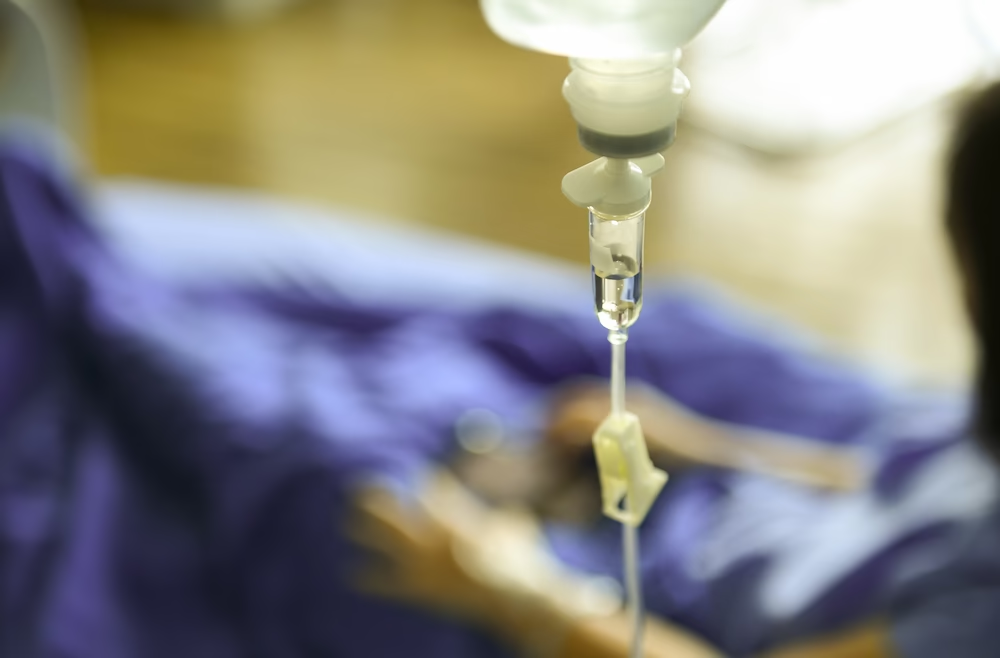
Advantages of palliative chemotherapy
PCT has a number of advantages that make it an important part of comprehensive support for patients with severe stage III-IV cancer. The main advantage of the therapy is its focus on improving well-being, rather than aggressive treatment associated with a high risk of complications.
The key advantages of the method include:
- Reduction of pain, shortness of breath, weakness, nausea associated with the growth of a malignant tumor
- Suppression of tumor activity allows delaying the development of complications and improving the prognosis
- Maintaining quality of life. Even short-term stabilization of the condition gives the patient the opportunity to live more actively and independently
- Minimization of hospitalizations. With proper organization of treatment, outpatient administration of drugs is possible, which reduces the need for permanent hospitalization
- Psychological support. The very fact of treatment and its positive dynamics strengthen the confidence of the patient and his relatives, create a sense of control over the situation
Palliative chemotherapy for oncology is especially valuable in cases where the symptoms of the disease significantly disrupt everyday life, and the patient still retains sufficient functional reserves to tolerate mild therapy regimens.

Side effects and risks
Despite its more gentle nature, compared to radical chemotherapy, palliative treatment can also cause side effects. They depend on the drugs used, the duration of the course, the general condition of the patient and the sensitivity of his body to drugs. In palliative treatment, the doses are usually lower and the regimens are shorter, which reduces toxicity.
Possible side effects:
- Nausea and vomiting. Often occur in the first days after the administration of the drug, well controlled by antiemetics
- Fatigue and weakness. May persist throughout the course of treatment and intensify towards its completion
- Loss of appetite and weight loss. Associated with both the action of drugs and the disease itself
- Decreased levels of leukocytes and platelets. Increases the risk of infections and bleeding, requires regular blood monitoring
- Anemia. May increase fatigue and shortness of breath, sometimes requires correction
- Hair loss. Is a reversible side effect, not observed with all treatment regimens
- Increased sensitivity to infections. In conditions of weakened immunity, it is important to take precautions
Rarely, liver, kidney, or cardiovascular problems may develop, especially in the presence of concomitant diseases. All complications can be controlled with regular medical supervision and timely correction of therapy.
Although the goal of palliative care is to alleviate the condition, in some cases it can lead to:
- Deterioration of the general condition. In weakened patients, even minimal doses of drugs can cause a strong toxic load
- Long recovery after treatment. In patients with limited body resources, rehabilitation can be slow, which reduces the expected benefit.
- Exacerbation of chronic diseases. Chemotherapy drugs can negatively affect cardiovascular, liver or kidney function
- Psycho-emotional exhaustion. Perception of side effects, fear of treatment and decreased activity can negatively affect the psychological state of the patient.
It is important that the decision to start palliative chemotherapy is made taking into account all the risks and in close cooperation with the patient, his family and the attending physician. The correct choice of the scheme and constant monitoring of the condition allow to minimize possible complications and achieve the most favorable result.
Frequently Asked Questions
How to monitor the effectiveness of treatment?
Monitoring the effectiveness of palliative chemotherapy includes: CT, MRI, blood tests, assessment of symptoms and general well-being of the patient. Both objective methods (radiation diagnostics, tumor markers) and subjective ones are used - patient survey.
What to do if the treatment stops helping?
If the therapy does not work, the doctor may review the regimen, prescribe other drugs, or focus on symptomatic support. Sometimes a medical consultation is held, which helps determine further tactics. The main thing is to maintain quality of life and adapt the approach to the current needs of a particular patient.
Palliative chemotherapy in hospital
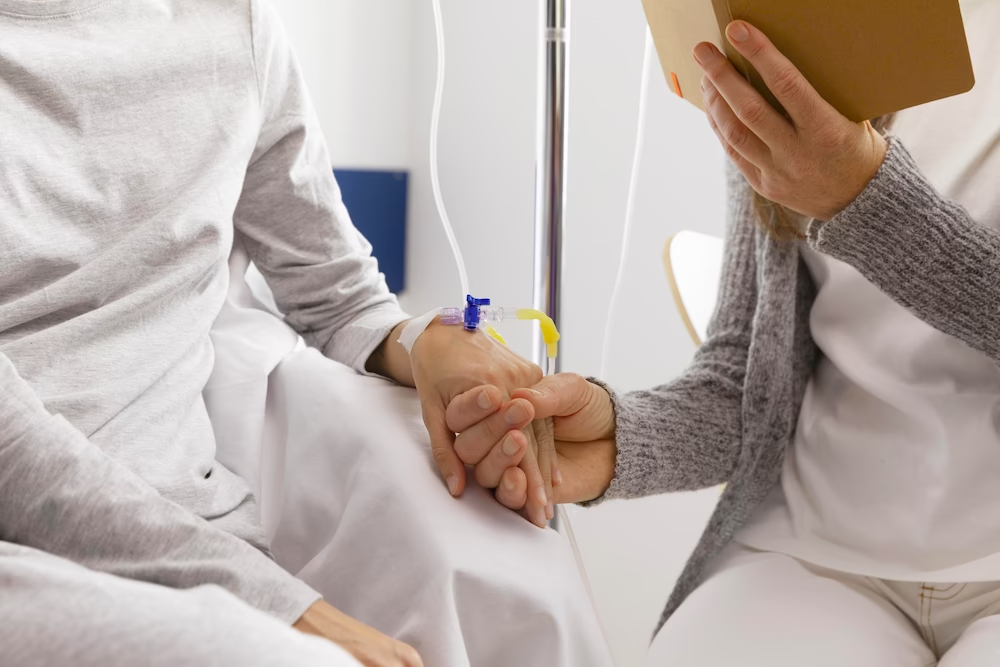
This treatment is used in cases where the patient requires 24-hour monitoring, specialized care or infusion support. Palliative chemotherapy in a hospital setting allows for more precise control over the course of therapy and timely response to possible complications or changes in condition.
The main indications for such treatment are:
- The patient's serious condition - the presence of severe weakness, dehydration, intoxication
- The terminal stage of cancer - accompanied by a severe disruption of the body's basic life-support systems
- High risk of side effects - when using drugs with severe toxicity or in the presence of serious concomitant diseases
- The need to correct symptoms - with severe pain, nausea, indigestion or psychoemotional instability
- Complications of the underlying disease - bleeding, infections, thromboembolism and other conditions requiring dynamic monitoring
- Inability to provide full care at home - including in the absence of relatives or social conditions
In the clinic "K+31" palliative care is organized at a high level. Our patients receive not only qualified medical care, but also comprehensive support from a multidisciplinary team, in the comfortable conditions of a modern hospital.

Advantages of chemotherapy at the K+31 Medical Center:
- 24-hour medical supervision. Constant monitoring of the patient's condition makes it possible to promptly identify changes and promptly adjust treatment
- Individual selection of a therapy regimen. The clinic's oncologists take into account not only the type of tumor, but also the general condition of the body, the presence of concomitant diseases and the patient's wishes
- Experienced multidisciplinary team. Oncologists, anesthesiologists, palliative care specialists, psychologists, rehabilitation specialists and nutritionists participate in the treatment, which increases its effectiveness
- Modern infusion equipment. The latest generation of medical equipment is used for comfortable and safe administration of drugs
- Comfortable conditions of stay. The wards are equipped with everything necessary for a long stay, including pain relief and health monitoring systems
Palliative chemotherapy at the K+31 medical center is not just treatment, but a caring and professional approach to each patient, based on the principles of humanity, respect and the desire to improve the quality of life even in the most difficult clinical situations.
Our doctors

This award is given to clinics with the highest ratings according to user ratings, a large number of requests from this site, and in the absence of critical violations.

This award is given to clinics with the highest ratings according to user ratings. It means that the place is known, loved, and definitely worth visiting.

The ProDoctors portal collected 500 thousand reviews, compiled a rating of doctors based on them and awarded the best. We are proud that our doctors are among those awarded.
Make an appointment at a convenient time on the nearest date
Other services







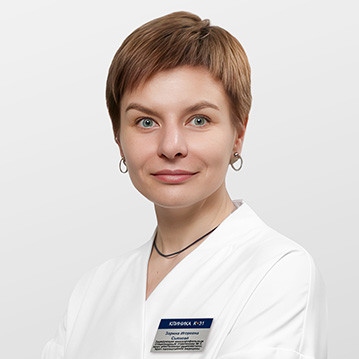
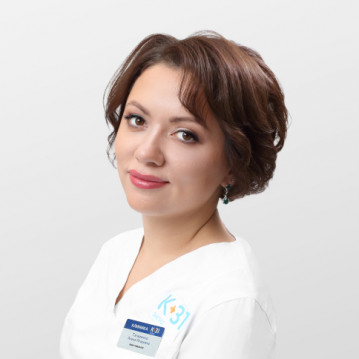


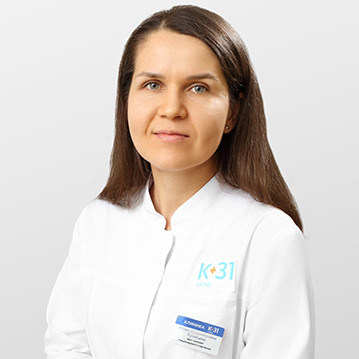






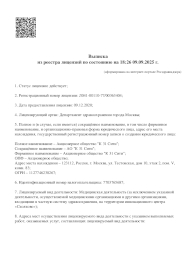
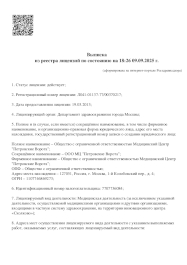
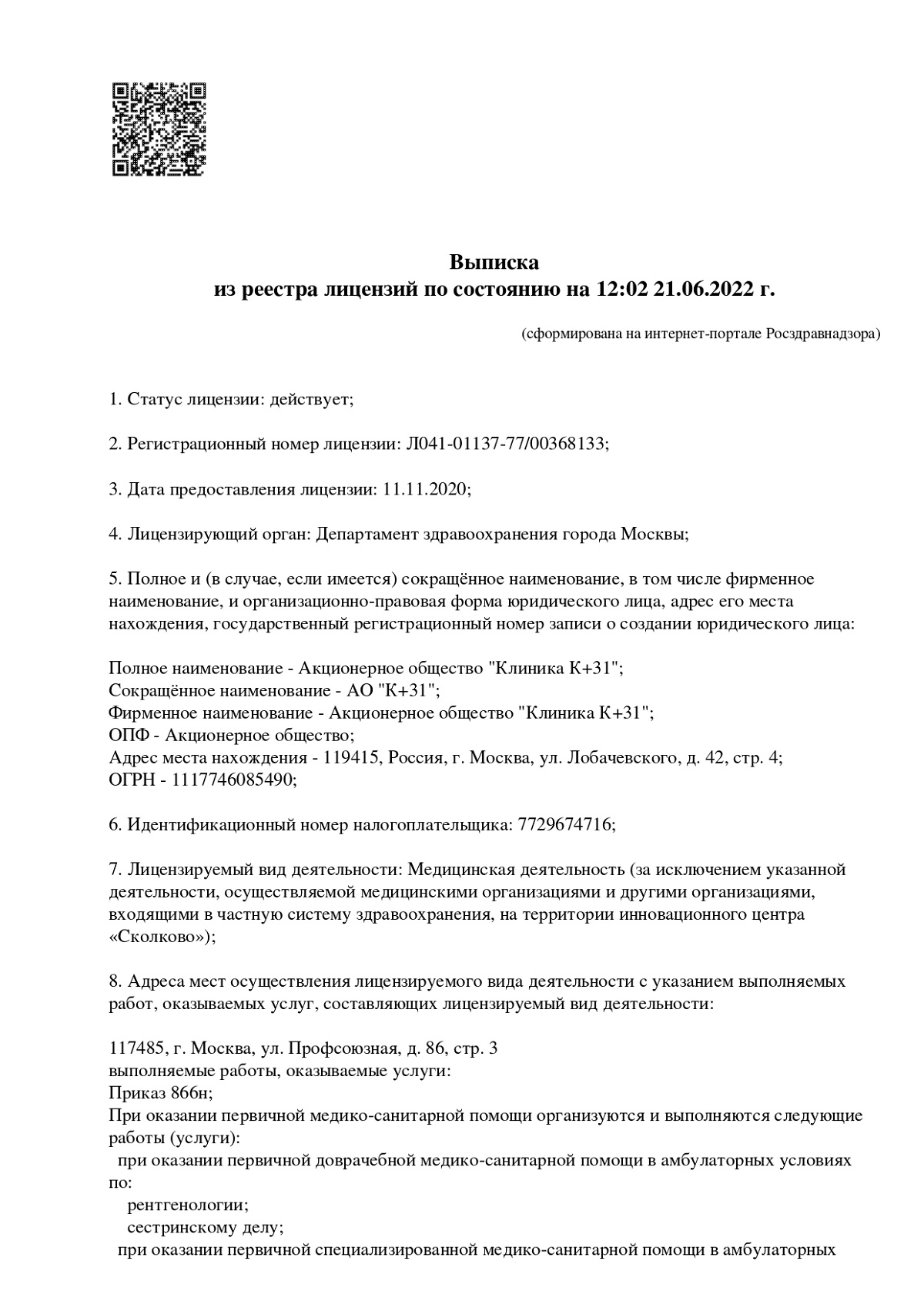
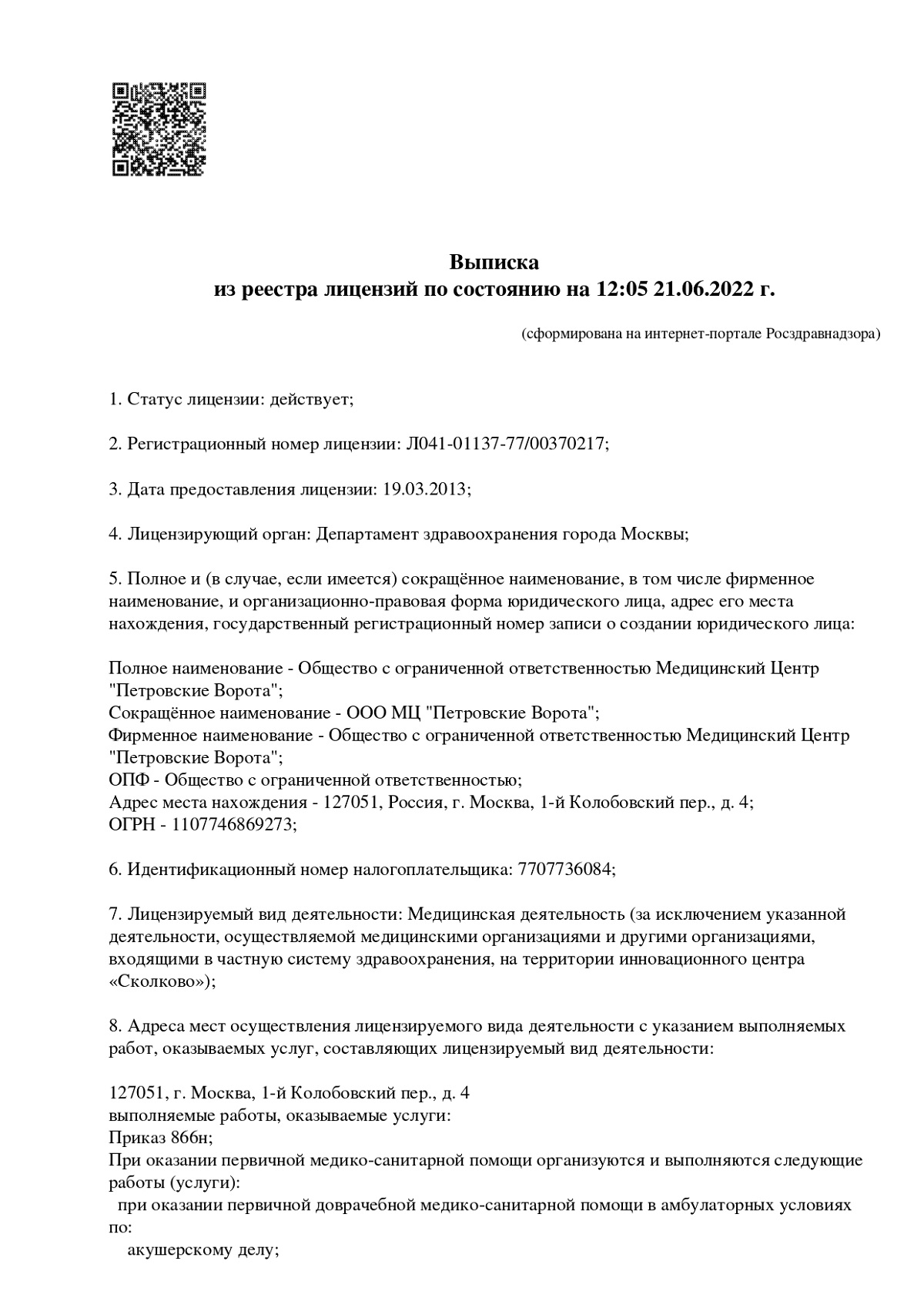
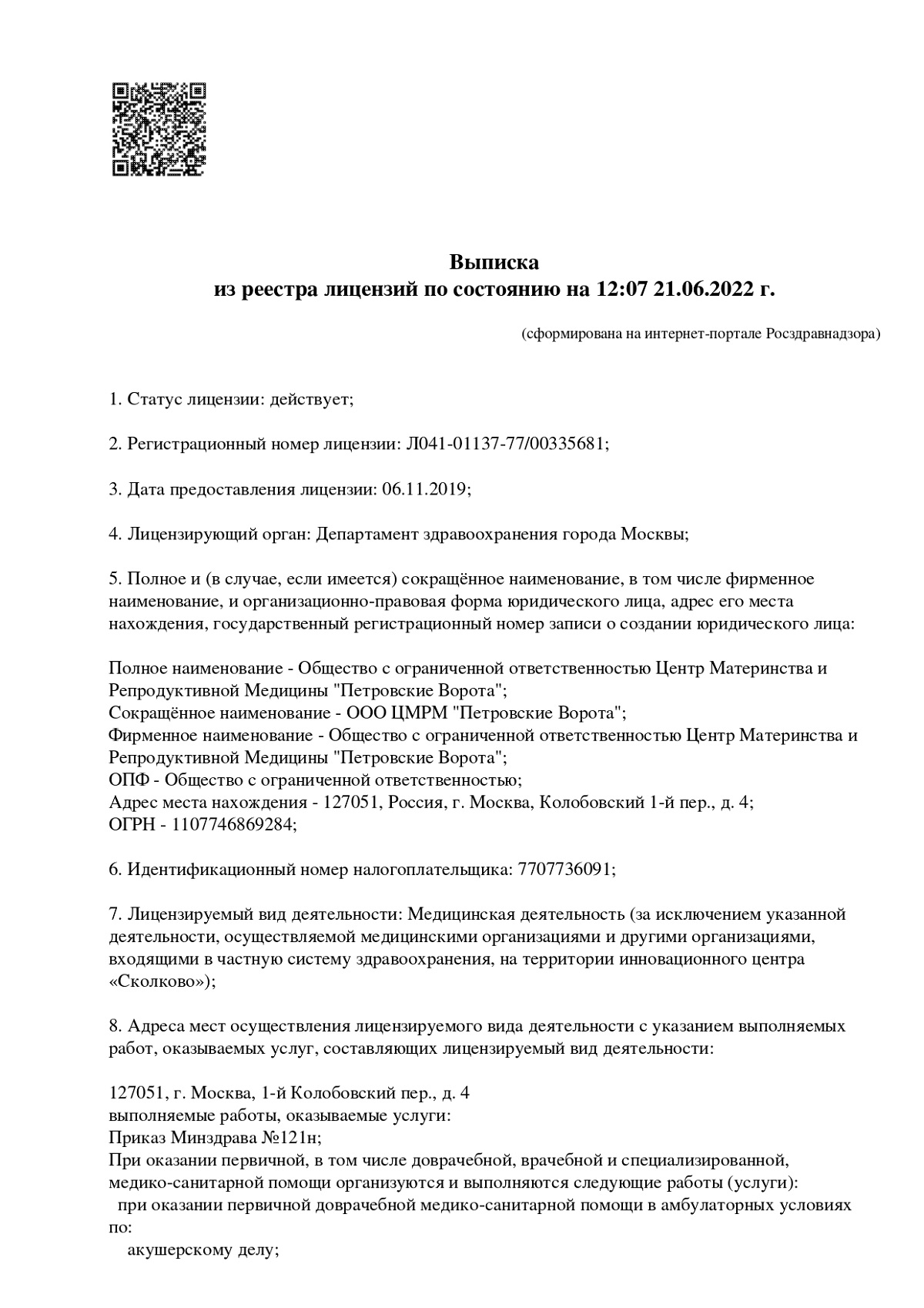
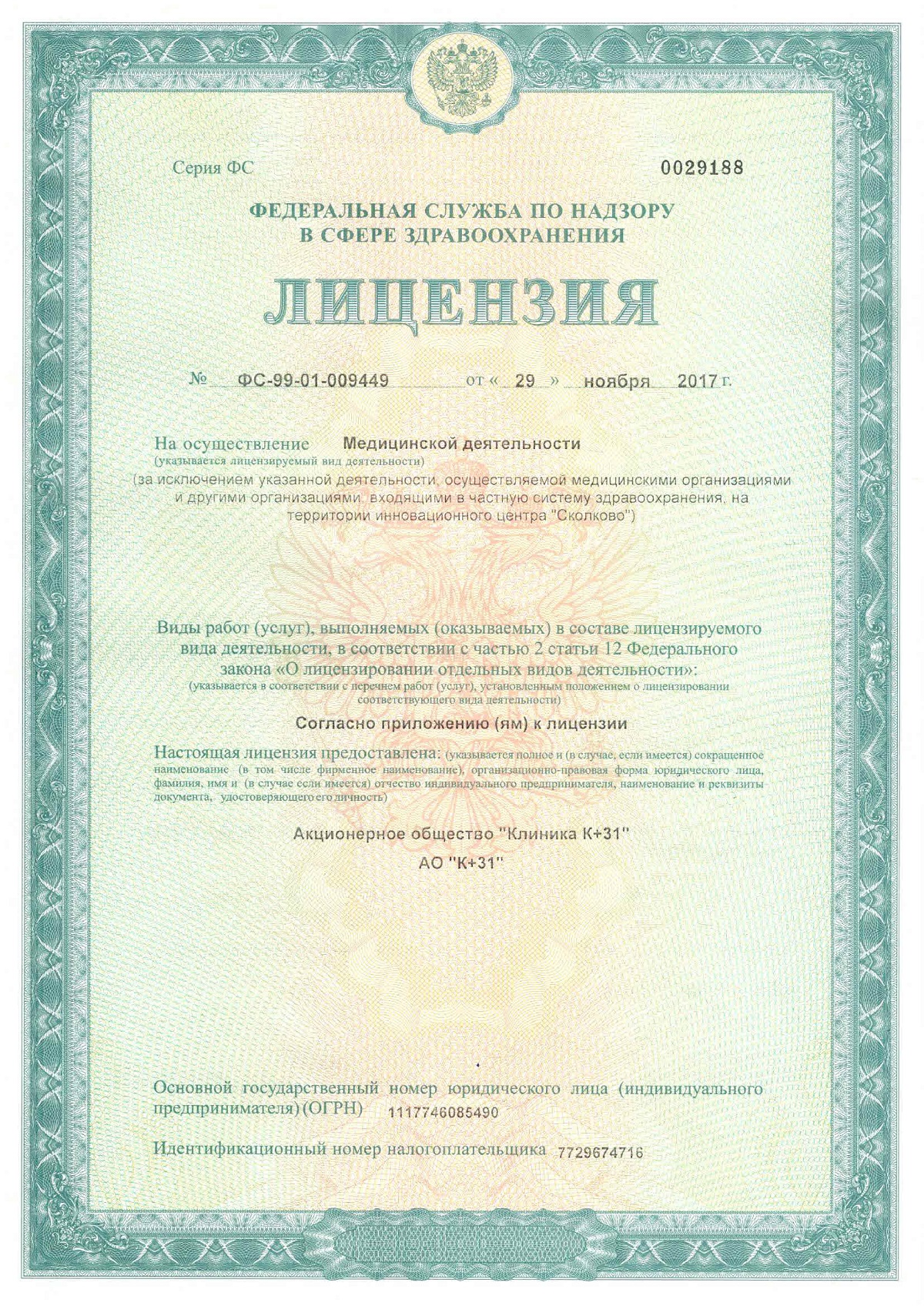
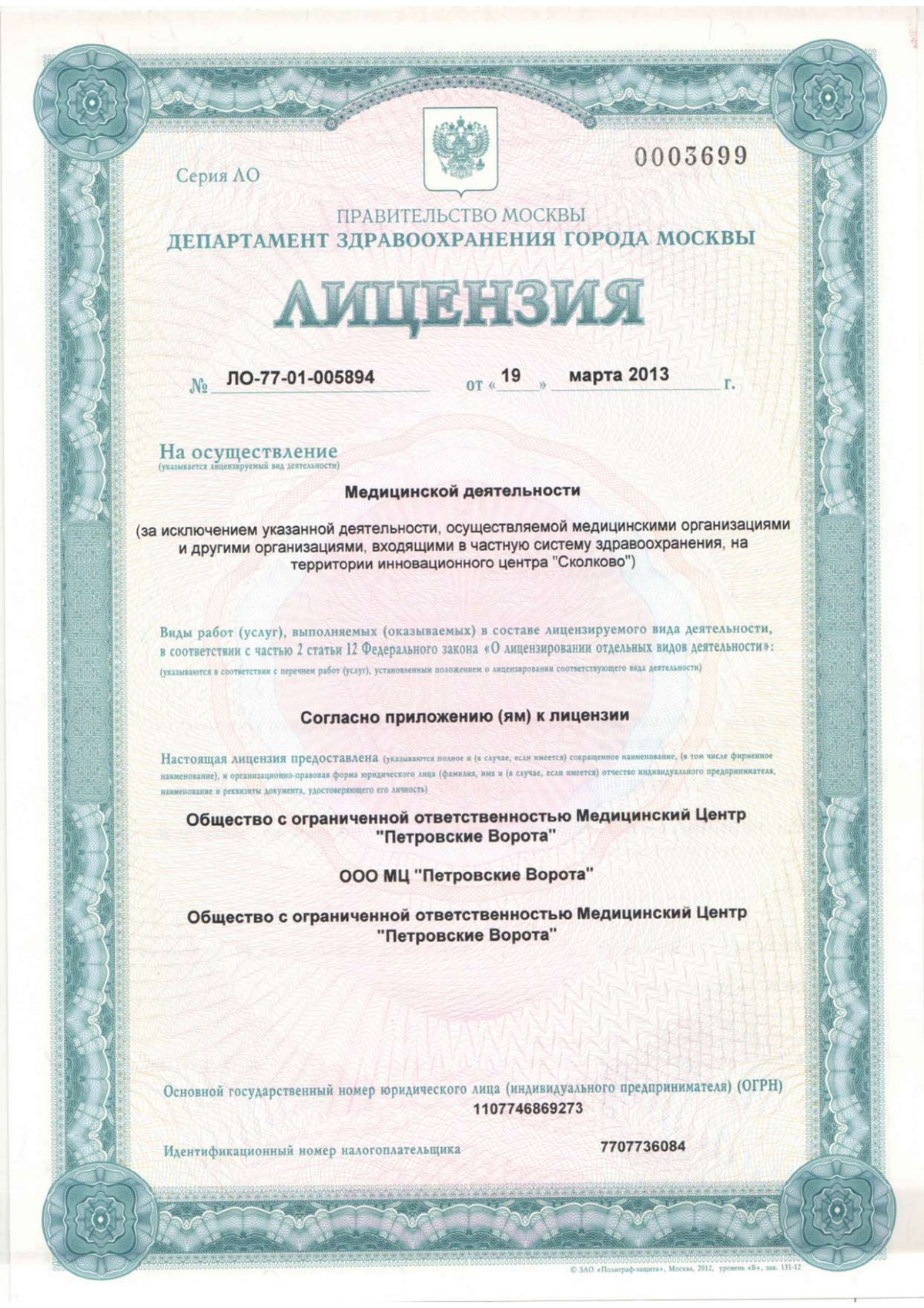

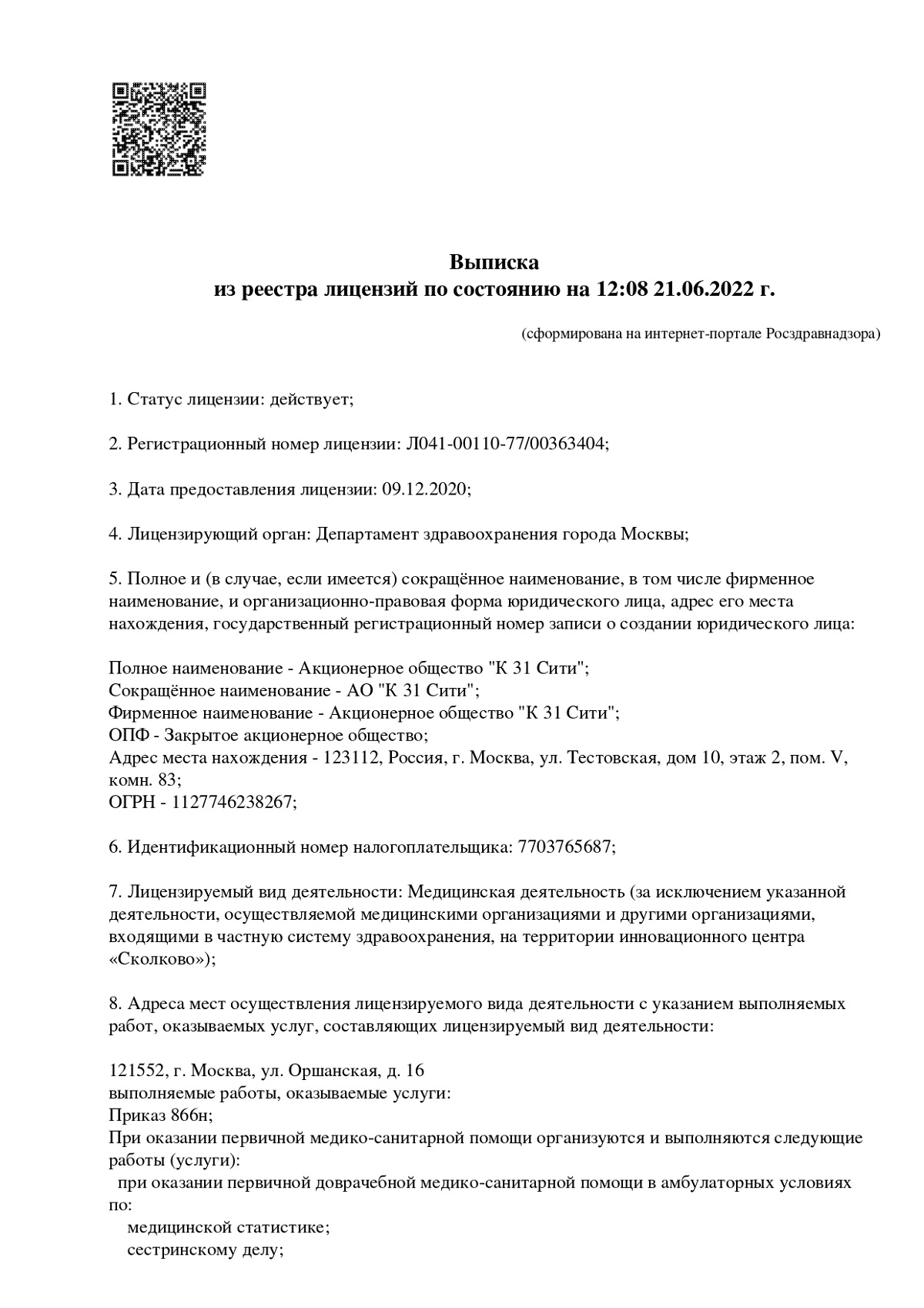
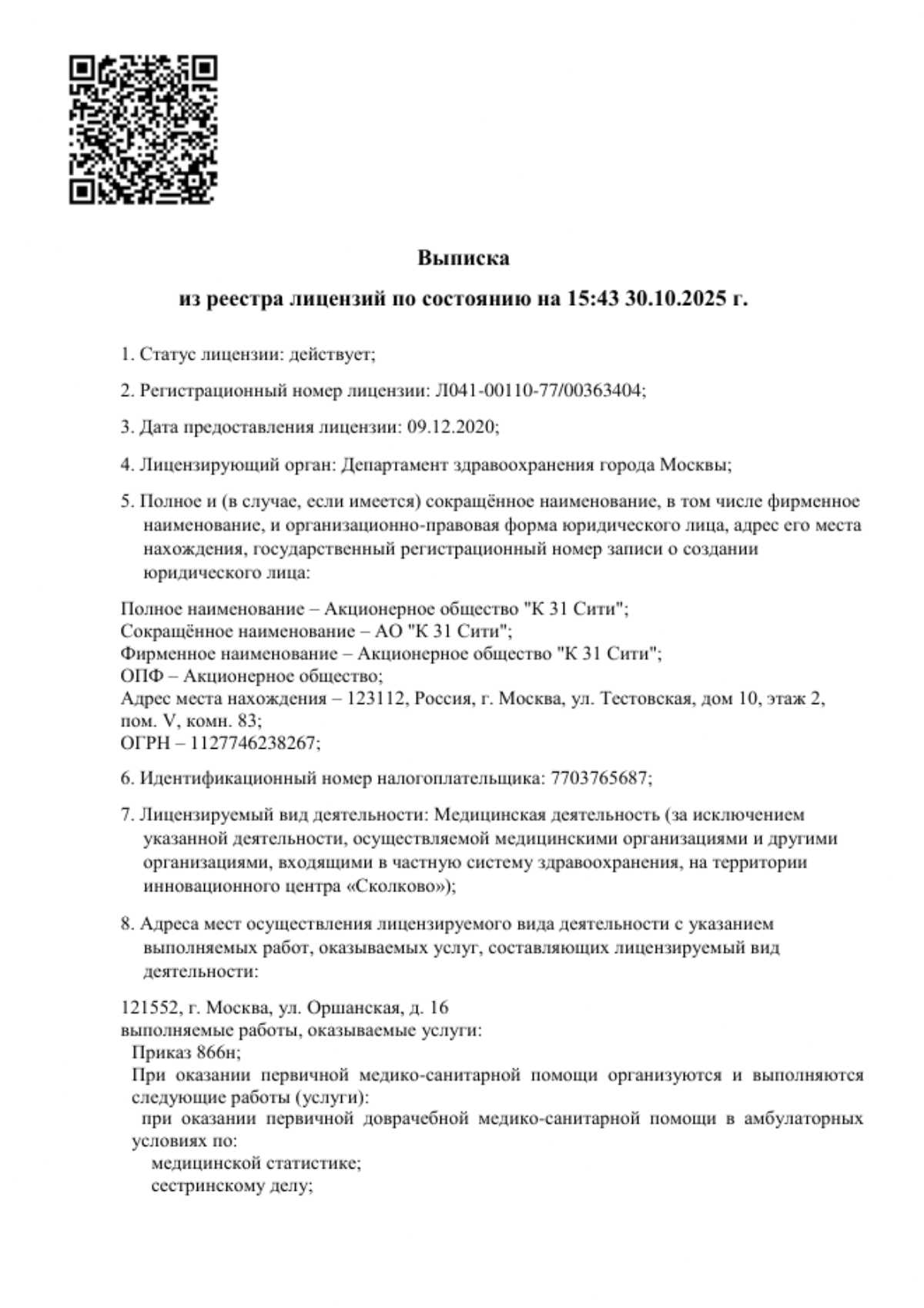
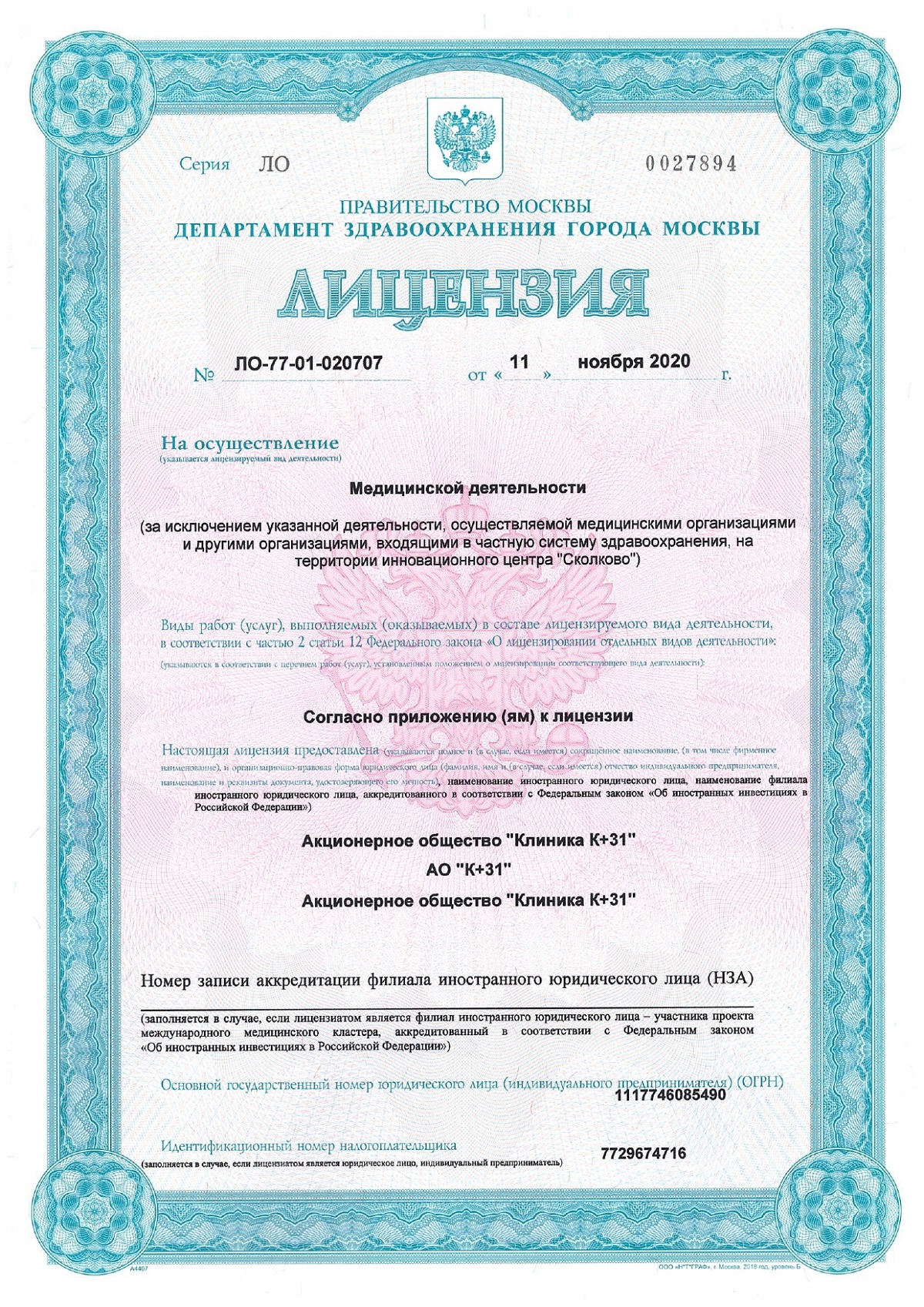
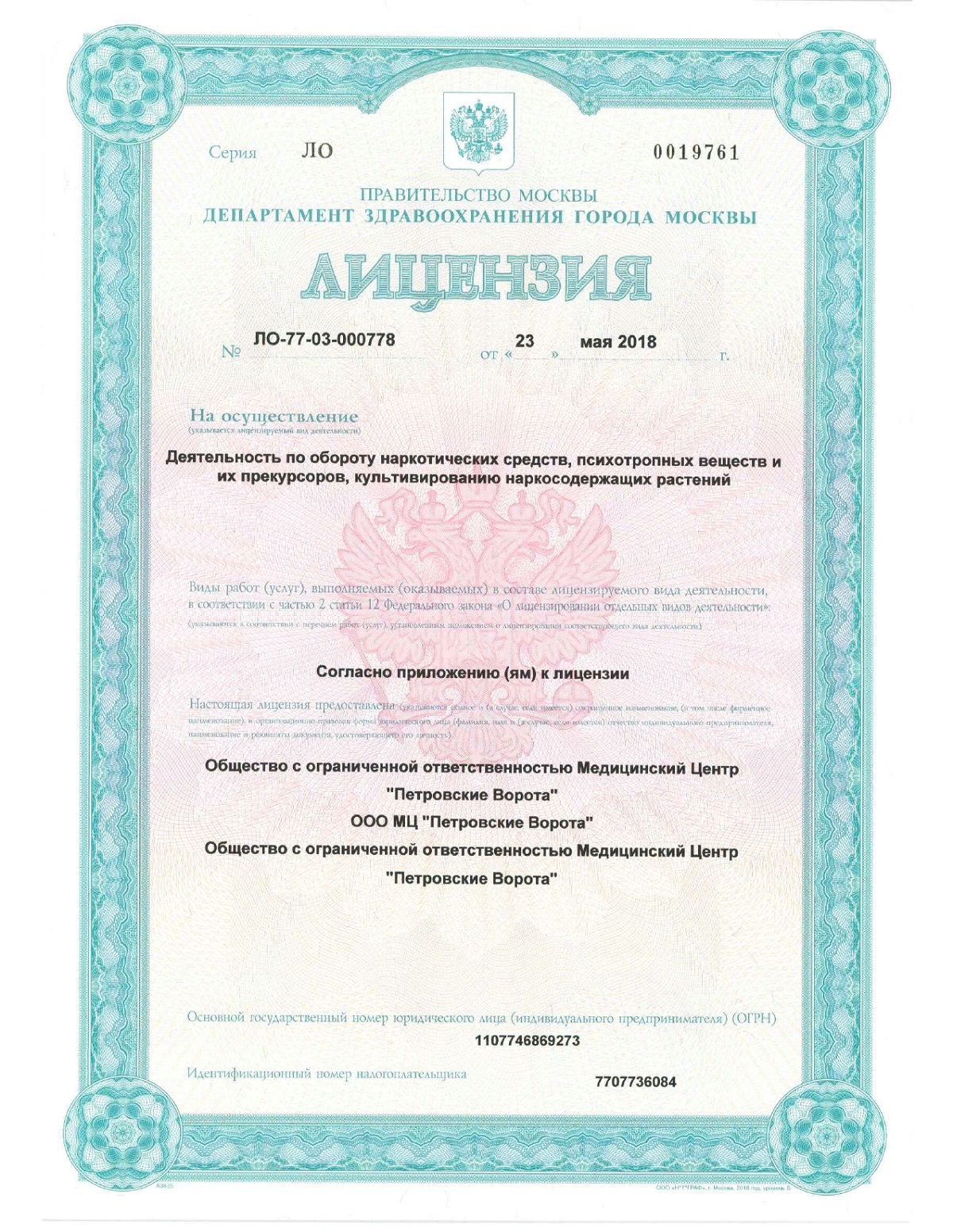
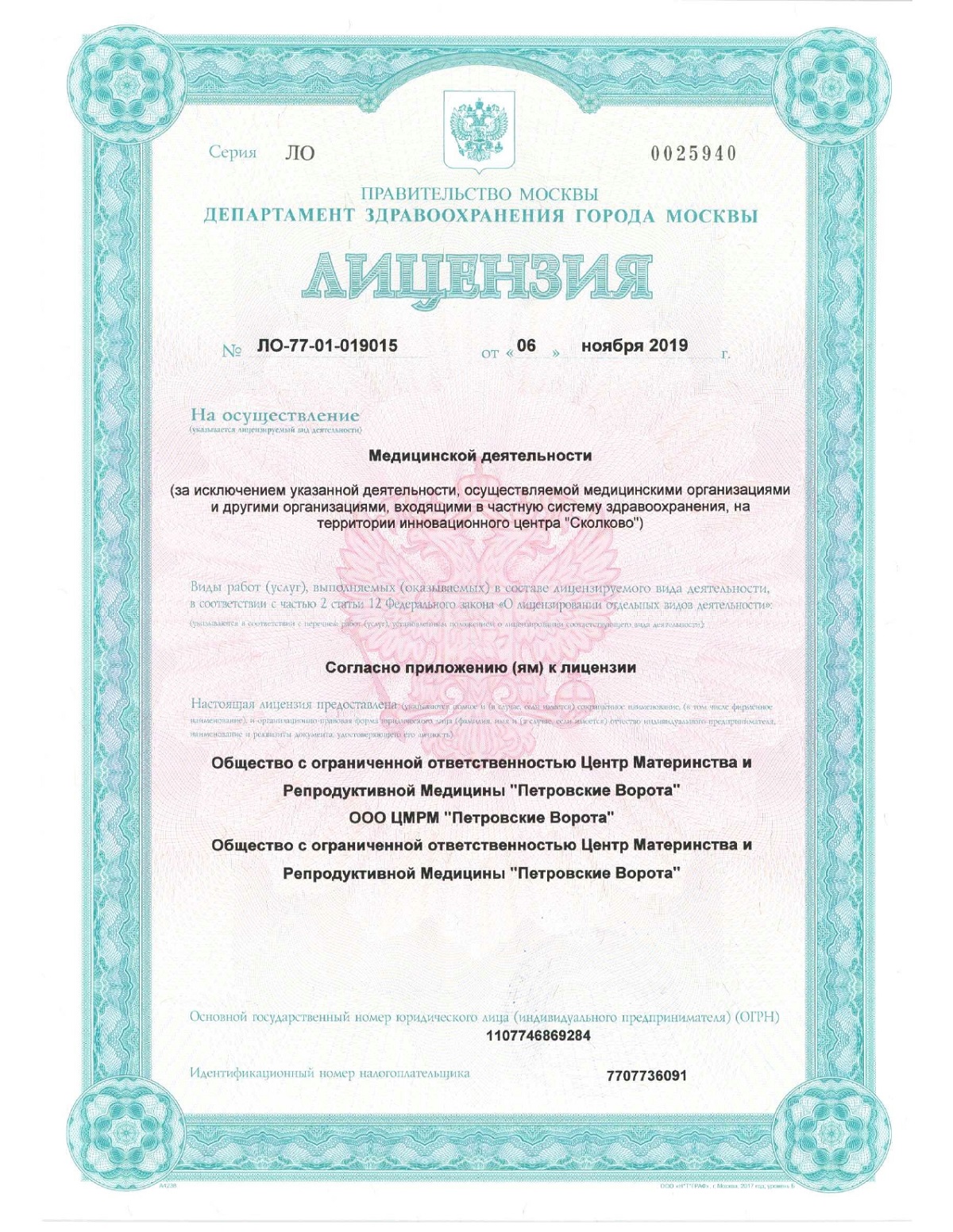
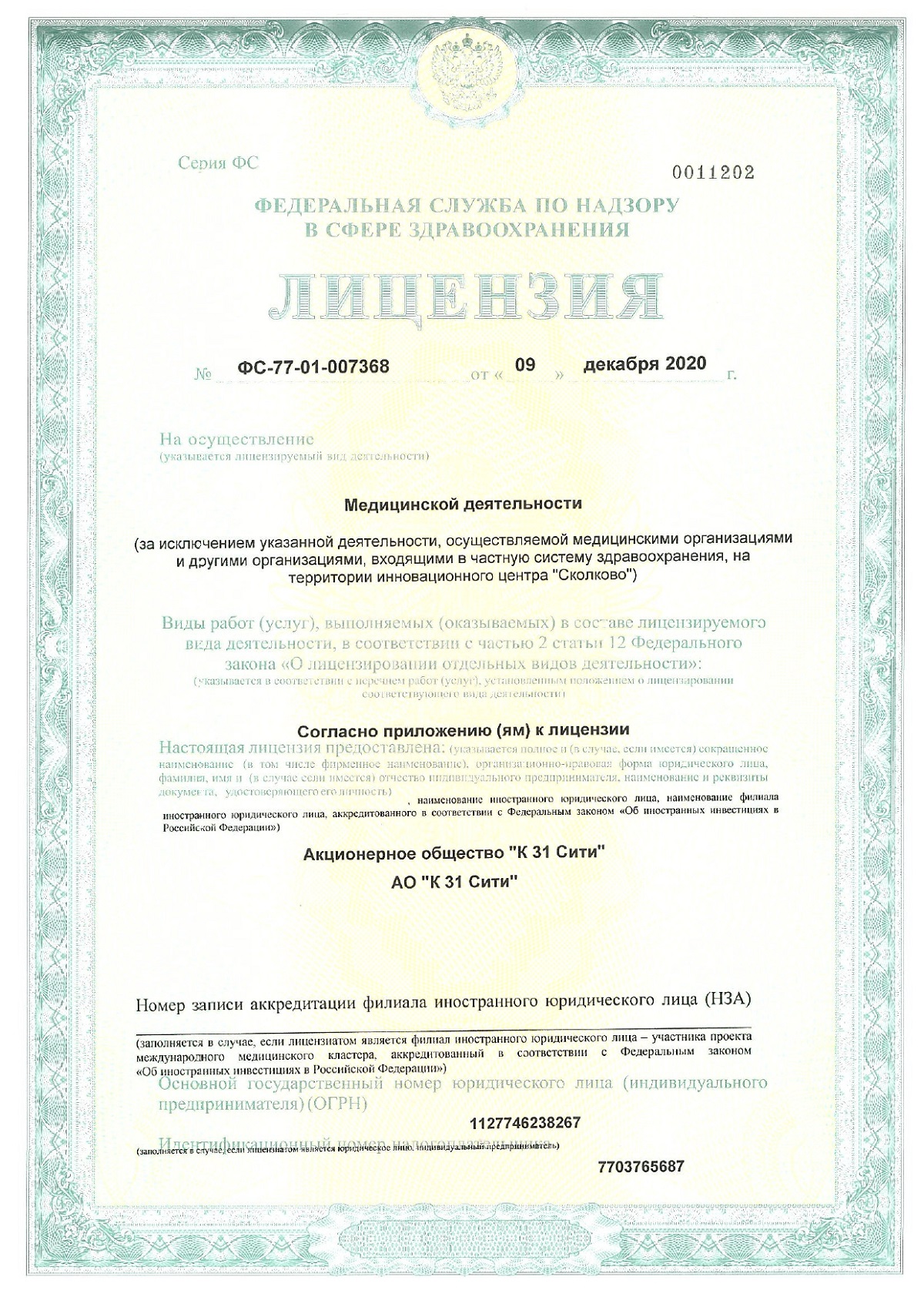



What is palliative chemotherapy
This is the name of a form of antitumor treatment that uses chemotherapy drugs to control symptoms and slow the progression of the malignant process in patients with incurable forms of cancer.
With the help of chemotherapy in oncology, it is possible to:
The doctor determines the choice of drugs, dosages and duration of the course taking into account the general condition of the patient, the location and aggressiveness of the tumor, as well as previous treatment.